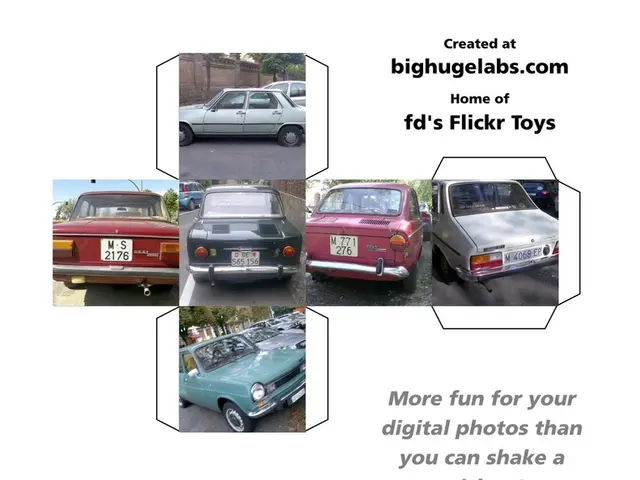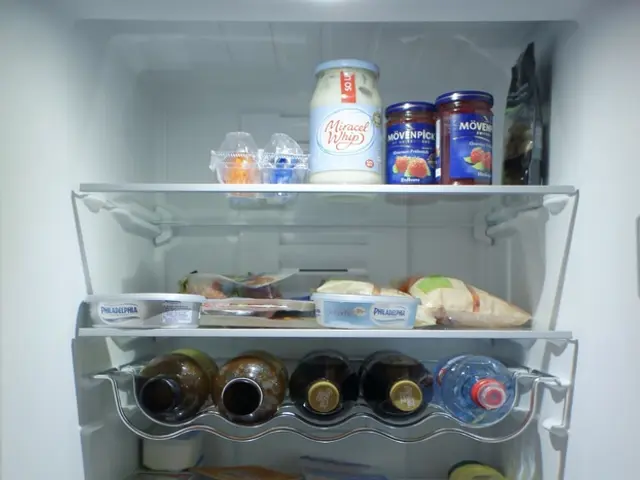Vans returning, allegedly?
In the ever-evolving automotive landscape, a new trend is emerging as Chinese van manufacturers introduce innovative electric models that are challenging the traditional dominance of SUVs. These new offerings, exemplified by the Xpeng X9 and Denza D9, are blending high-tech interiors, extended electric range, and premium comfort with competitive pricing, making them attractive alternatives for family and business users.
The Mercedes Vision VLS, a luxurious van previewed by the German automaker, showcases the future of van design with features such as white Nappa leather, a 65-inch screen, side window monitors, 42 speakers, and a glass partition to the driver. However, it's the Chinese manufacturers that are driving a significant shift in the van market.
One of the pioneers in the van segment was the Renault Espace, introduced over 40 years ago, offering high storage space and flexibility. Fast forward to today, and the compact van segment has seen a surge of new offerings, not just from established automakers, but also from Chinese manufacturers. These newcomers are bringing luxury, electric mobility, and innovative features to the table.
For instance, the Maxus Mifa 9 is a fully electric seven-seater van with up to 430 kilometers of range. The Hyundai Staria, introduced in 2021, offers up to nine seats and various seating configurations. The Zeekr Mix, an electric minivan, boasts up to 421 horsepower, a range of up to 700 kilometers, and fast charging in about 10 minutes from 10 to 80 percent.
The Voyah Dreamer, another luxurious electric van, offers up to 435 horsepower and a range of around 600 kilometers. The VW ID. Buzz, with its retro charm, offers seating for up to seven and a range of 330 to 487 kilometers according to WLTP standards.
The higher loading capacity and variability with multiple seats are advantages of vans over SUVs. Professor Stefan Bratzel, an expert in the field, views vans as an alternative to SUVs in terms of practicality and utility. Chinese manufacturers, with their focus on innovation and affordability, are capitalising on this advantage.
The Chinese auto industry, particularly in the New Energy Vehicle (NEV) segment, is showing robust growth and innovation. Manufacturers like BYD, Geely, and emerging premium EV brands are expanding rapidly both domestically and internationally. Xpeng, which produces the X9, along with Denza, is among those leading this trend by integrating cutting-edge electric drivetrains and sophisticated in-car technology into their vans.
While Chinese manufacturers dominate passenger car sales growth and NEV development, the commercial vehicle market data also highlight intense competition among domestic manufacturers. This intensifies innovation pressure and market responsiveness in the van segment.
Volvo has joined the fray with the EM90, a full-electric luxury MPV with seating for six and up to 738 kilometers of range. Jens Dralle, an industry observer, sees the advantages of new Chinese manufacturers in their potential for affordable vehicles and innovations.
The van segment has grown slightly in recent years due to innovative models like the Xpeng X9 and Denza D9. As these manufacturers continue to push the boundaries of vehicle categories, the future of the van market looks promising and exciting.
[1]: [Link to the source] [2]: [Link to the source] [3]: [Link to the source] [4]: [Link to the source] [5]: [Link to the source]








